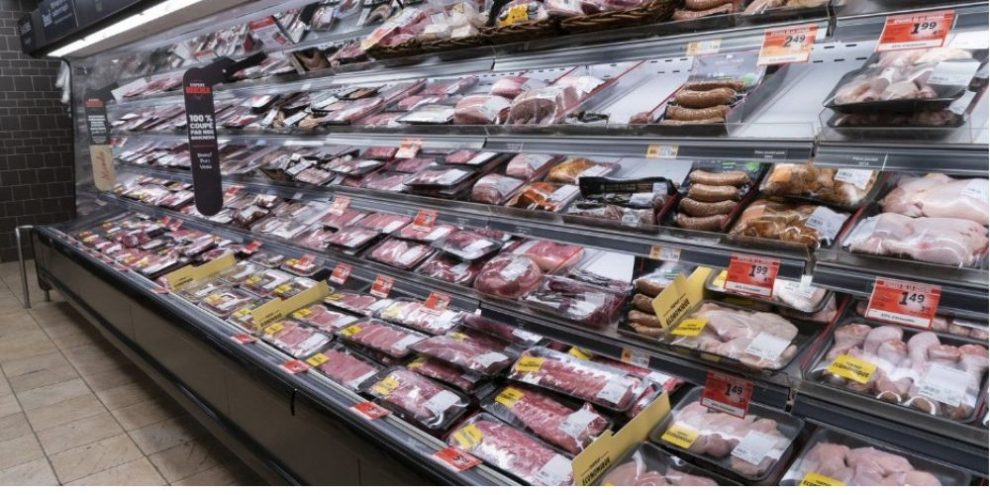
Grocery prices are still rising at a far higher pace than overall inflation, despite moderating somewhat in July.
The price of groceries grew 8.5 per cent in July compared with last year, down from a 9.1 per cent year-over-year gain in June, as prices for fresh fruit and bakery products rose at a slower pace.
However, 8.5 per cent is still a far cry from the headline inflation reading of 3.3 per cent, which has significantly fallen from a high of more than eight per cent last year.
Food price inflation is expected to continue easing in the coming months as lower commodity prices and easing supply chain pressures pass through to retail products, said RBC economist Claire Fan in a note.
Some forecasters are saying the latest inflation report has raised the odds of an interest rate hike next month from the Bank of Canada.
A hike isn't entirely out of the question, but there's more economic data to come before the central bank makes its decision, Marwa Abdou, senior research director at the Canadian Chamber of Commerce, said in a statement.
"So much of the downward momentum and cooling that we’ve seen over the past few months has been overstated progress from soaring gas prices a year ago," Abdou said.
"While those effects have now peaked, and heftier grocery bills, mortgage interest rate costs and energy prices remaining a pain point for Canadian consumers, we’re now getting a chance to focus on the real work that remains ahead."
But other experts say that amid continued signs of a weakening economy, the central bank is likely to hold rates at its next meeting.
"We look for a softening economy to ease inflation pressures further going forward, and expect the odds are still tilted towards the Bank of Canada foregoing another increase in the overnight rate in September," Fan said.
Banner image: THE CANADIAN PRESS/Paul Chiasson
This report by The Canadian Press was first published Aug. 15, 2023.





